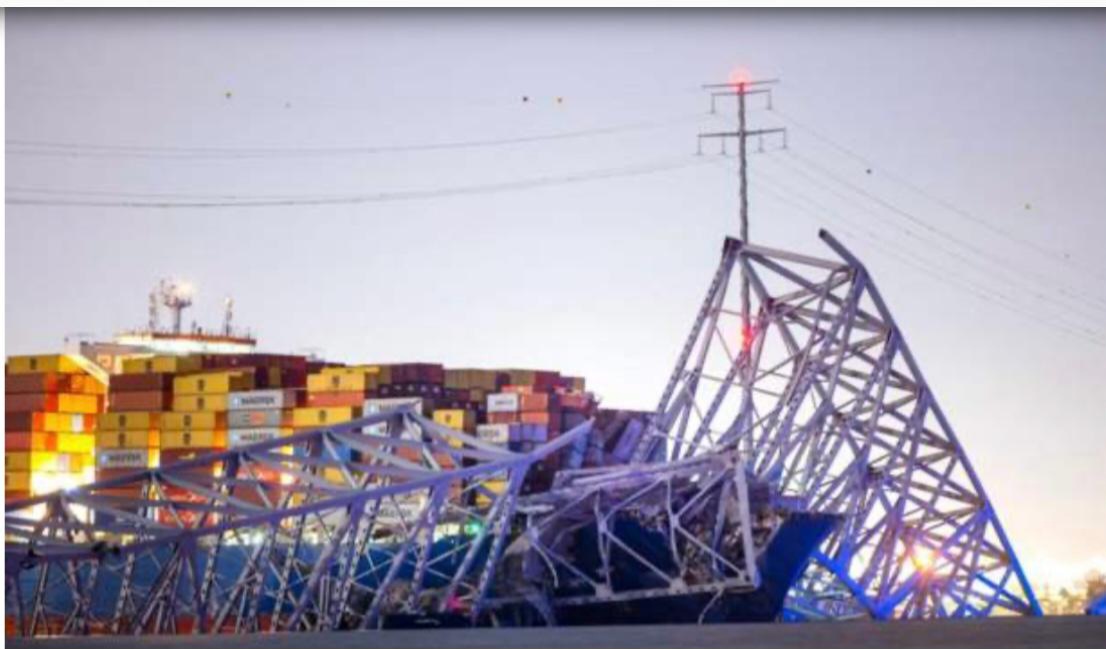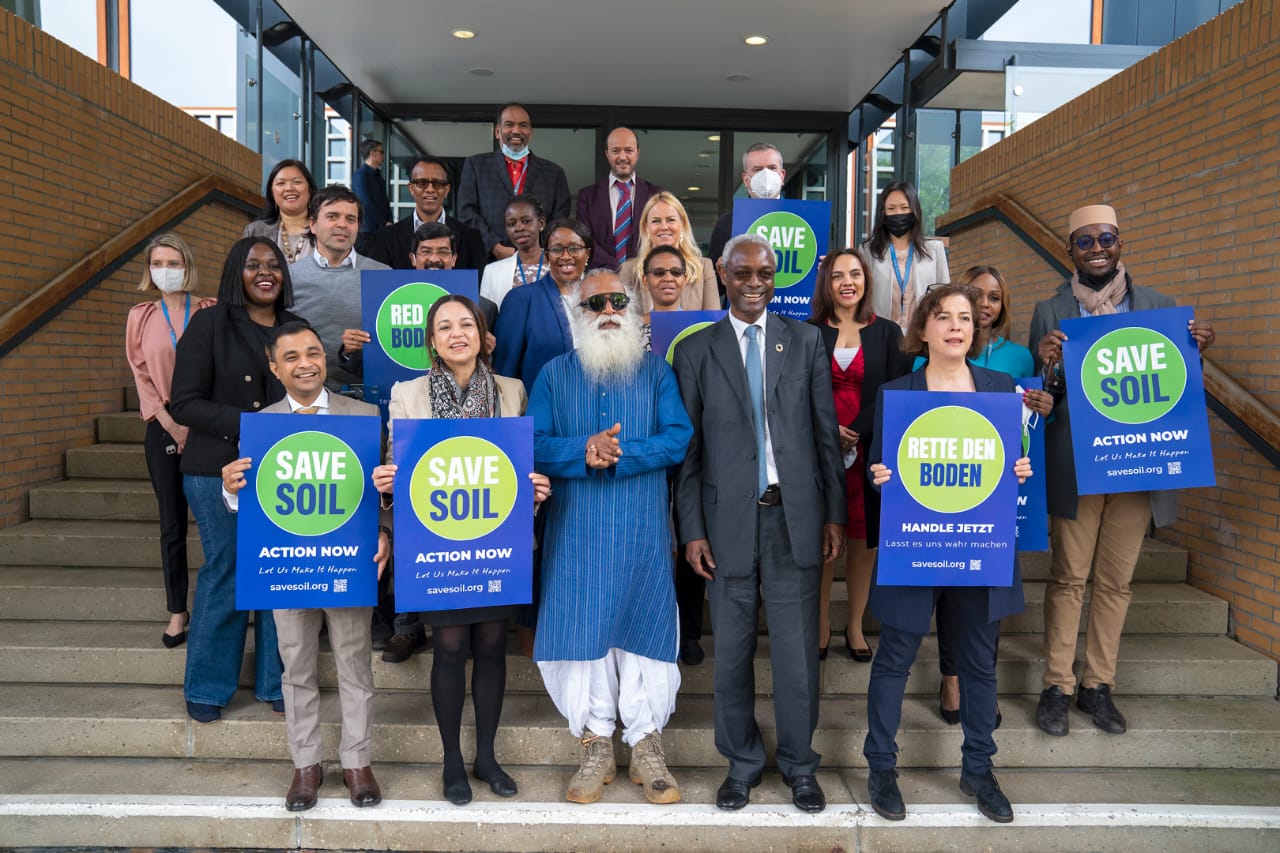Trending Now
- “If Edappadi Palaniswami permits, a thousand young members from the Virudhunagar district AIADMK are prepared to take up arms and engage in battle under my command.” – Former AIADMK Minister Rajendra Balaji
- “India is ready to deal with any counter-attack by Pakistan” – Wing Commander Vyomika Singh
- Central govt orders extension of CBI Director Praveen Sood’s tenure for another year
World News
Syria military operation ‘wrapping up’, Putin tells Assad in Russia talks
![]() November 21, 2017
November 21, 2017
Russian president meets Syrian counterpart publicly for first time in two years and praises their ‘joint work in fighting terrorism’
Vladimir Putin has hosted Bashar al-Assad for talks during which the two presidents agreed the focus in the Syrian conflict was switching from military operations to the search for a political solution.
The Russian president met his Syrian counterpart before a gathering, planned for this week in Russia’s Black Sea resort of Sochi with the leaders of Turkey and Iran – two other powers heavily involved in the conflict in Syria.
In comments released by the Kremlin, Putin also said he would follow up his meeting with Assad with telephone calls to Donald Trump and Middle Eastern leaders including the emir of Qatar.
‘We still have a long way to go before we achieve a complete victory over terrorists. But as far as our joint work in fighting terrorism on the territory of Syria is concerned, this military operation is indeed wrapping up,’ Putin said. ‘I think that now the most important thing, of course, is to move on the political questions, and I note with satisfaction your readiness to work with all those who want peace and a solution [to the conflict].’
According to the Kremlin, the meeting between the Russian and Syrian presidents took place on Monday in Sochi, where Putin has a residence. Details were not released until Tuesday morning.
Assad told the Russian leader: “At this stage, especially after we achieved victory over terrorists, it is in our interests to move forward with the political process. And we believe that the situation we now have on the ground and in the political sense permits us to expect progress in the political process. We count on the support of Russia to ensure the non-interference of outside players in the political process.”
Putin and Assad last met on 20 October 2015 in Moscow, a few weeks after Russia launched a military operation in Syria that turned the tide of the conflict in Assad’s favour.
This week’s meetings in Russia are likely to be seen as an attempt to marginalise the UN-sponsored peace talks in Geneva, and entrench Assad’s position in power.
Details of Putin’s talks with Assad came as leading figures in the Syrian opposition quit the high negotiations committee, the umbrella body that has led the opposition in the Geneva talks since 2015. They protested in a joint statement they were being pressed to adopt a negotiating platform that would allow Assad to remain in power.
They also rejected pressure to allow the Moscow Group, a rival opposition group seen by much of the HNC as a stooge of the Assad regime, to become part of an expanded negotiating team.
Advocates of a larger unified opposition claim it deprives Assad of an excuse not to start serious negotiations. Talks to establish the opposition’s revised negotiating team are due to last two days in Riyadh, beginning on Wednesday with Russia’s Syrian specialists in attendance.
It is likely that Saudi Arabia, a long-term supporter of the Syrian opposition, is joining calls for the new negotiating team to abandon its insistence that Assad must announce he will step aside as part of a political transition. Assad’s military advances over the past year – including the capture of Aleppo aided by Russian air force and Iranian militia – has narrowed the political options of the opposition, and their international backers.
Resignations were tendered by the HNC head, Riyad Hijab, a former prime minister under Assad who defected following the 2011 resignation, and a range of other HNC members,
“I find myself forced to announce my resignation from the HNC wishing it good luck, and wishing peace and security to my beloved country, Syria,” Hijab said.
In the four-hour Assad-Putin talks, the account set out by the Kremlin reported that Assad assented to the proposal for a Syrian national dialogue conference, likely to be held in December.
Putin hailed Assad’s apparent readiness to cooperate with all parties seeking a peaceful settlement of the Syrian crisis.
Putin said: “A final and inevitable defeat of the terrorists is close in Syria. I think now the main thing is to move to political processes, and I am pleased to see your readiness to work with everyone willing to establish peace and find solutions.”
























